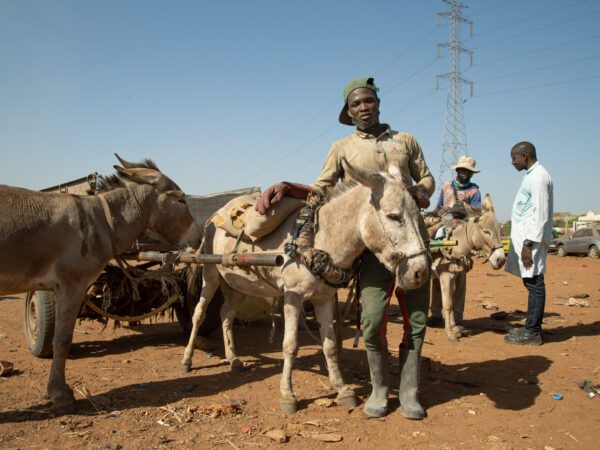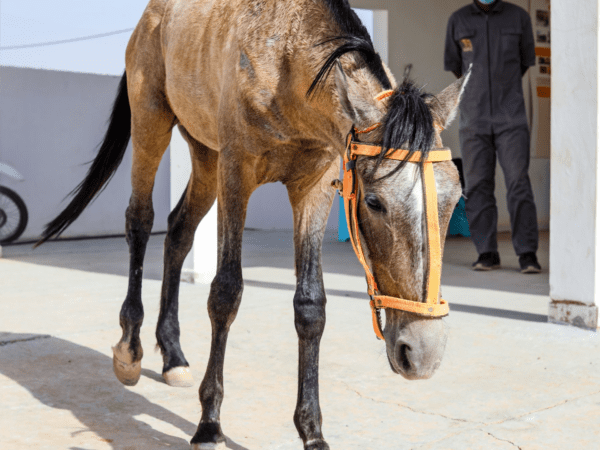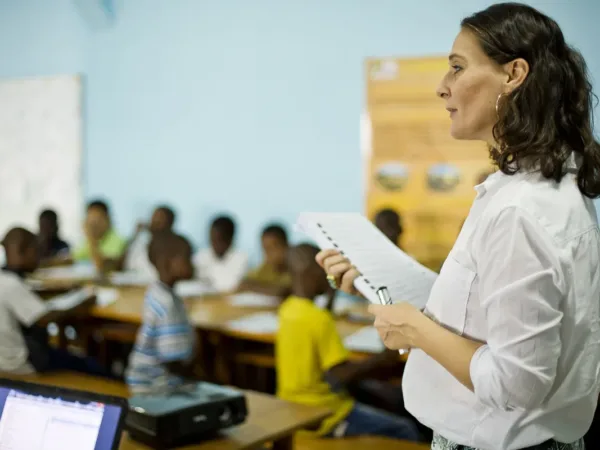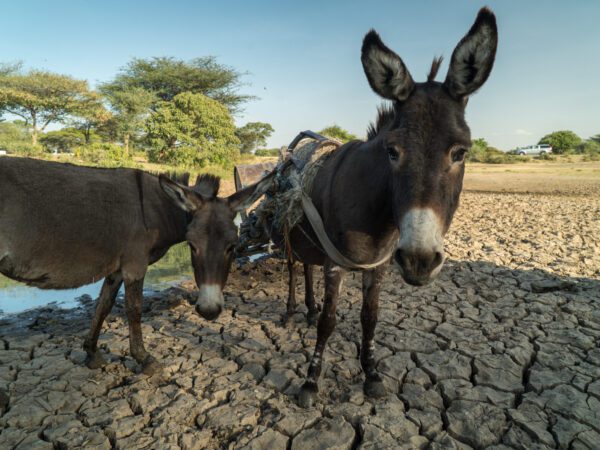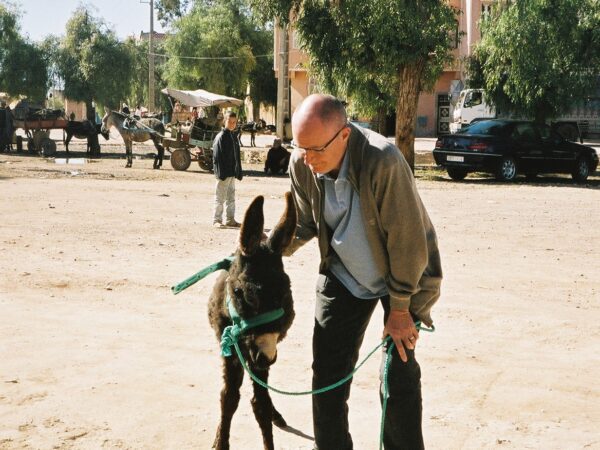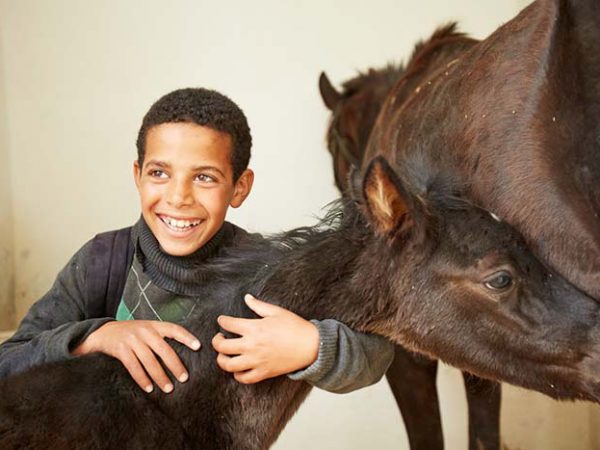
At SPANA, we understand the essential role that working animals play in low-income countries. But we believe that a life of work needn’t be a life of suffering – compassion, respect and empathy are the least that any hardworking animal deserves.
From the very earliest days of SPANA, education has been central to our work to relieve the suffering of working animals. Of course, we must equip owners with the essential knowledge to care for their animals properly, but if we’re to develop empathy, compassion and respect for animals, our work must begin at a much younger age. Our education team runs programmes in each of our permanent countries – and supporters educational work through our many outreach programmes too – helping children to develop positive, compassionate attitudes towards animals, which are vital to the future wellbeing of working animals.
SPANA’s humane education programme reaches children at a young age, teaching the value of kindness before attitudes become fixed.
Working through existing animal club networks and supporting teachers in delivering humane education within communities far beyond the reach of our veterinary programme, we reach over 60,000 children a year.
CHILD LEARNING TOOLS
The Five Welfare Needs
It was in the 1960s that the Five Welfare Needs (originally the ‘Five Freedoms’) were first suggested as a way of ensuring that animals had their basic needs fulfilled by those who cared for them.
In the 1970s an organisation called ‘The Farm Animal Welfare Council’ agreed on these welfare needs. Although they were originally created to help improve the welfare of farm animals, many charities and organisations agree that they can apply to all animals. SPANA believes that teaching children these needs could have a huge longterm impact on animal welfare, especially if those children could ultimately end up as working animal owners. They are as follows:
- Animals need access to fresh water and a suitable diet that will keep them healthy.
- Animals need adequate shelter and somewhere comfortable to rest.
- Animals need access to veterinary treatment but also steps should be taken to prevent pain, injury or disease.
- Animals need the company of other animals of their own kind, enough space and proper facilities so they can behave in a natural way.
- Animals need to be kept in conditions that mean they will not suffer and need to be treated in a way that does not frighten them or distress them.
Spana in numbers
veterinary treatments given in the last year
fixed and mobile clinics around the world
pieces of humane equipment distributed in the last year

